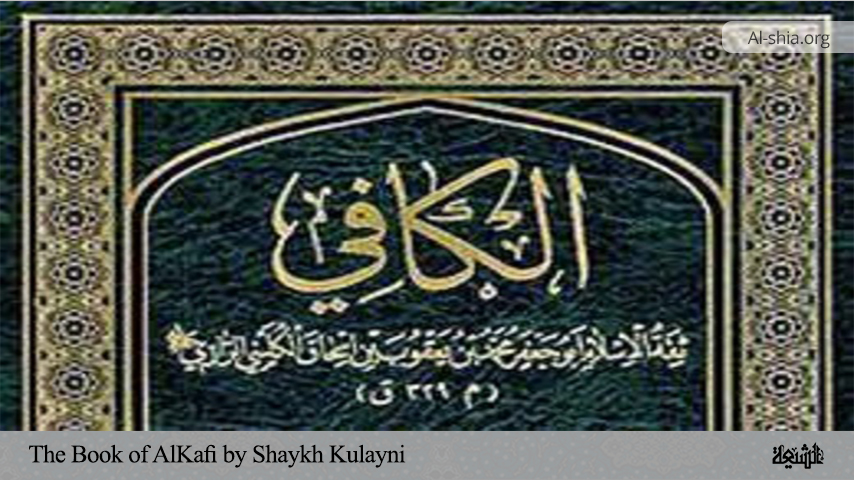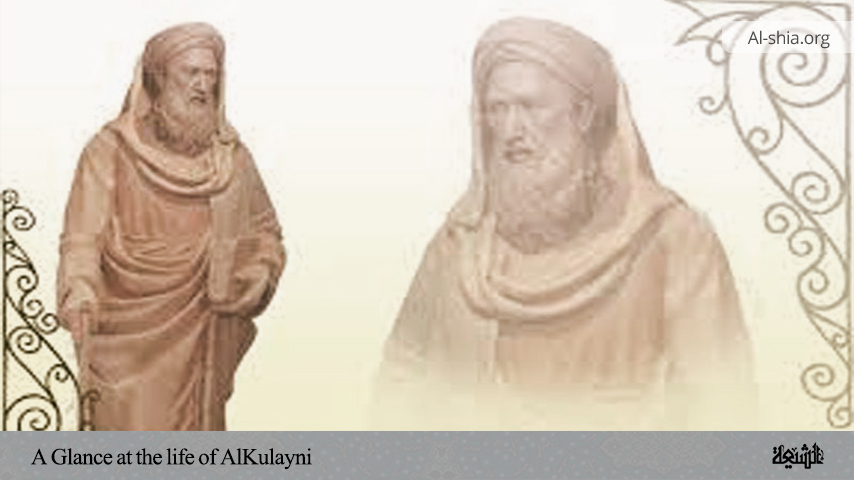Islam as a Divine and revealed religion has a special worldview on different issues in human life. As proven in Islamic authentic sources, Islam is the best school to guide humans to achieve prosperity. The present article aims to introduce the viewpoint of Islam in some theoretical and repeatedly questioned problems such as Equality, Realism, Wisdom and Mysticism.
ISLAM AND OTHER RELIGIONS: THE SHIA VIEW
Islam is based on two realities: the blessed personality of the Prophet Muhammad, who was chosen fourteen lunar centuries ago to deliver God’s message and to be the leader of humankind. And the Quran, the Book from God which is the Prophet’s enduring miracle and which contains God’s words in the form of intellectual and practical teachings of a universal nature.
These two realities must be considered as one of the most important factors in the development and perfection of human life, or rather, they are the most important factor to have manifested itself over the course of fourteen centuries in the faith and practice of hundreds of millions of men, extending its influence deep into every aspect of their society.
It is true that among the world’s major religions Islam is the youngest and that its followers are fewer in number than the sum of the adherents of other faiths, yet Islam is possessed of certain distinguishing characteristics which set it apart from other religious ways.
For example, if we refer to the sacred books of Hinduism, and in particular, the Veda, we see that the religious teachings presented there are almost exclusively of an ascetic nature and at the same time that they are directed towards a minority of the religion’s followers. Thus, the majority of Hindus are excluded from deriving direct spiritual benefits from these sacred books.
Buddhism and also Christianity display Hinduism the same exclusively ascetic outlook in their teachings. In the case of Christianity, this is obvious from the four Gospels and the other basic religious texts. There are no practical injunctions or social laws and moreover, philosophy and rational thought are looked upon with disfavour. The Divine Sacrifice and the remission of the sins of mankind are doctrines which reduce the relevance of injunctions concerned with this world.
Other religions have either ceased to draw men to themselves, such as Sabianism and Manicheanism or else are limited to a particular race of people, such as Judaism. Thus it is only Islam which gives first importance to rationally demonstrable beliefs and positive individual and social injunctions, as, it is hoped, the present paper will make clear.
The Prime Importance of the Individual from the Point of View of Human Nature
Human nature seeks no more than to perpetuate as far as possible its own existence and to achieve its instinctive desires. If the first step man takes in his development is to form social groupings, and if he preserves these societies by acting in accordance with their laws-thus surrendering to the same extent a degree of his individual freedom-, it is in order that by depriving himself of one portion of his freedom he gain and benefit from another portion by being better able to provide for his innate requirements and his subsistence.
The first goal of creation is the happiness of the individual; the happiness of society follows this. In other words, the purpose of creation is the perfection of human nature, and this perfection is realized in the being of the individual, not in the shape and form of society.
Thus, man is directed towards the formation of social groupings to preserve the individual. For in order that he may realize the fundamental purpose of life happiness and well-being-it is necessary that he should follow an orderly system of living, a system which inevitably must be social. He must eat, drink, clothe himself, sleep, rest, wed, bear offspring, secure his needs, and through the use of his mind provide the means of his own subsistence.
The Effect of the World View of the Individual upon his Activity
The form and characteristics of this orderly system which man follows in his life are dependent upon his conception of the nature of the Universe and of himself, who is an inseparable part of that Universe. Thus we see that a group of men do not admit the existence of a creator for the world and imagine that the world came into being accidentally and that man is only this material form which comes into existence at birth and ceases to exist at death.
These men organize their way of life and rules for living with a view to the material needs of their ephemeral earthly existence, and this alone. They follow a path which can lead to no more than limited material happiness and well-being.
On the other hand, those who accept a creator for the universe and believe that the regulation of the affairs of men and of the world is in the hands of “the gods” do not consider man’s life to be just this material existence; they organize their way of living in such a way as to attract the favour of the gods and keep away their anger, and in this manner to achieve happiness in life and remain safe from unpleasant occurrences resulting from gods’ wrath.
Again, those who accept the Unity of God and believe that the Universe and all that is in it is governed by One God who is All-Wise and All-Powerful, and that man does not cease to exist at death but lives eternal life, will organize their lives accordingly, that is, with an eye to assuring felicity in both worlds.
It is thus clear that “religion” is the organization of life, and that life lived according to a program is religion. Those who try to separate religion and life and claim that the first of these is only empty formalism are sadly mistaken. It is in view of this that Islam calls the path one follows in life “religion”, while it calls the true way the “Straight Path” and the false way the “Deviated” or “Crooked Path”. Almighty Allah says: “The curse of Allah is on evil-doers, who debar (men) from the path of Allah and would have it crooked, and who are disbelievers in the Last Day.”(1)
Adapted from the book titled “Muhammad in the Mirror of Islam” by William C. Chittick
Continue in the next article: ( Islam Doctrines on Equality, Realism, Wisdom and Mysticism (2) )
NOTE:
___________________________________
1. (The Holy Quran VII, 44-45. This and all subsequent quotations from the Quran are from the translation by Mohammed Marmaduke Pickthall, The Meaning of the Glorious Koran, New York, 1953).






